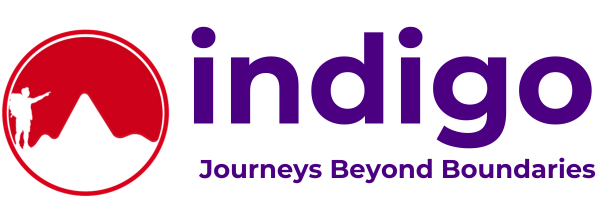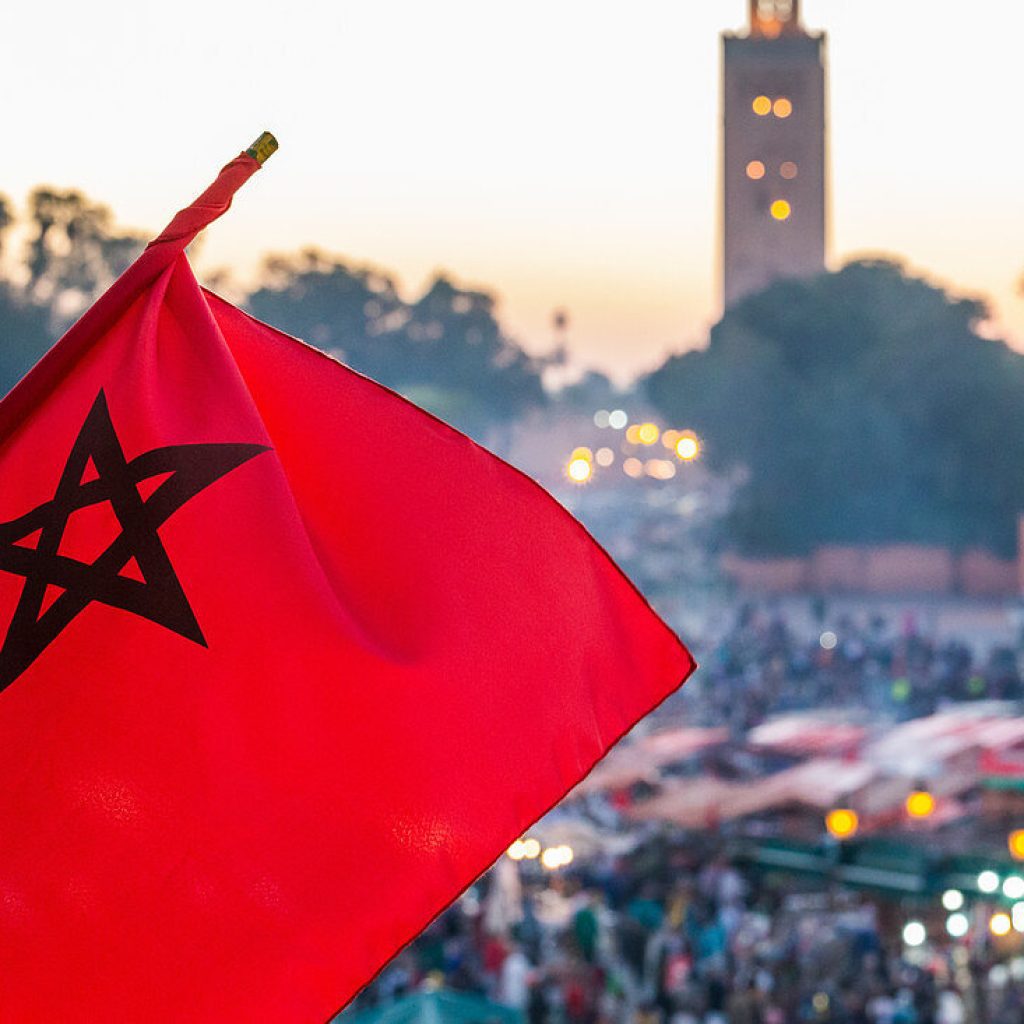
Things to know about Morocco
Things to Know About Morocco : Things to Know About Morocco More and more people
The written history of Morocco began about 1,000 BC when a people called the Phoenicians from what is now Lebanon sailed there. The Phoenicians were great traders and they founded trading posts in Morocco. The Phoenicians founded the city of Carthage in what is now Tunisia. Soon Carthage became the dominant power in the region. Meanwhile, by about 400 BC the native Berber tribesmen formed the kingdom of Mauritania.
In 146 BC the Romans conquered Carthage and their influence in North Africa gradually grew. Finally, in 42 AD the Romans annexed the kingdom of Mauretania. Morocco remained under Roman rule until the 5th century AD.
In 681 the Arabs began raiding Morocco and by 705 they were in control. The Arabs introduced Islam to Morocco and in 711 they invaded Spain. They soon conquered most of it. However, Morocco soon broke up into a number of different kingdoms. In 789 a man named Idriss founded a small kingdom and his son Idriss II made Fes the capital. In the following centuries, Fes became a center of culture.
In the 11th century, Berbers called the Almoravids from what is now Mauritania advanced north and conquered Morocco. Then in the 12th century a people called Almohads rebelled against the Almoravids and they founded a new dynasty. Under the Almoravids Moroccan culture flourished. However in the 13th century, the Almohads lost most of the Muslim territory in Spain. Only Grenada remained.
Furthermore, in the year 1248, a people called the Merinids began to overthrow the Almohads although it was not until 1269 that they captured Marrakech and brought the old dynasty to an end. Then the same cycle followed. The Merinids eventually declined and they were overthrown. The next Berber dynasty was called the Wattasids. They began to seize power in 1240 and they ruled all of Morocco by 1469. The next Moroccan dynasty was of Arab origin. The Saadians captured Marrakech in 1525 and Fes in 1548. The Saadian dynasty reached a peak during the years 1578-1603 in the time of Ahmed el-Mansour, known as the Golden One. However, after his death, the dynasty declined. Moulay Rachid 1664-1672 founded a new dynasty, the Alaouites. Under Moulay Ismail 1672-1727, Morocco was a strong, centralized state. During the 19th century, Morocco remained an independent country.
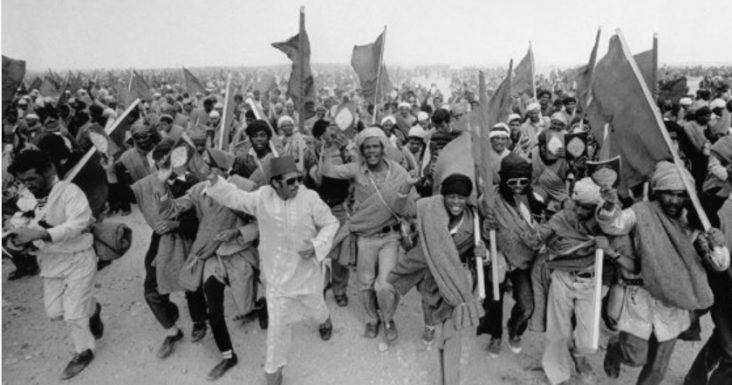
In the pre-colonial era, Morocco’s linguistic situation was characterized by simplicity if it is to be compared with nowadays situation; Moroccans used to speak either Arabic or Amazigh and no foreign languages have been introduced yet. Equally importantly, Moroccan Arabic was still close to Standard Arabic since French, at that time, has not infiltrated yet into the Moroccan society2. Furthermore, Arabic and Amazigh used to live in peace with no political or ethnic status for each. The Arabic language was the predominant language given its religious and cultural status, whereas Amazigh was widely used as a medium of communication among the non-Arab speakers, particularly in rural areas. Accordingly, during this period of time, foreign languages, such as English, were almost absent from the Moroccan linguistic context except for some historical events that marked the first indirect links with English. These links were restricted to some diplomatic or trade relations either with the U.K or the U.S.A. According to some historians, the first diplomatic contact with the Anglophone world dates back to the 13th century when King John of England sent a message to Sultan Mohamed Ennassir, asking for an alliance against France and support against his enemies within Britain. Due to the strategic geographical position of Morocco, Great Britain sought to deepen the political, economic and cultural relations with Morocco. This pushed The Sa’adi Sultan ‘Abd al-Malik (1575-1578) to issue decrees in favor of English merchants to facilitate their commercial activities. Bearing witness to the political and diplomatic links between the two countries are some letters that were exchanged between Queen Elizabeth I and some of the Sa’adi Sultans. The first Moroccan Ambassador of London was sent by Mohamed Ech-Cheikh to King Charles I with a message of peace and friendship in 1637. For these reasons, some historians believe that until 1904 Morocco was part of the informal Empire of Great Britain (Bensghir, 2003). As far as the American-Moroccan relations are concerned, Morocco was the first country to acknowledge America’s independence. In fact, the Sultan Sidi Muhammad Ben Abdullah announced his desire to establish diplomatic relations with the United States. Accordingly, he issued a declaration on December 20, 1777, announcing that all vessels sailing under the American flag could freely enter Moroccan ports.
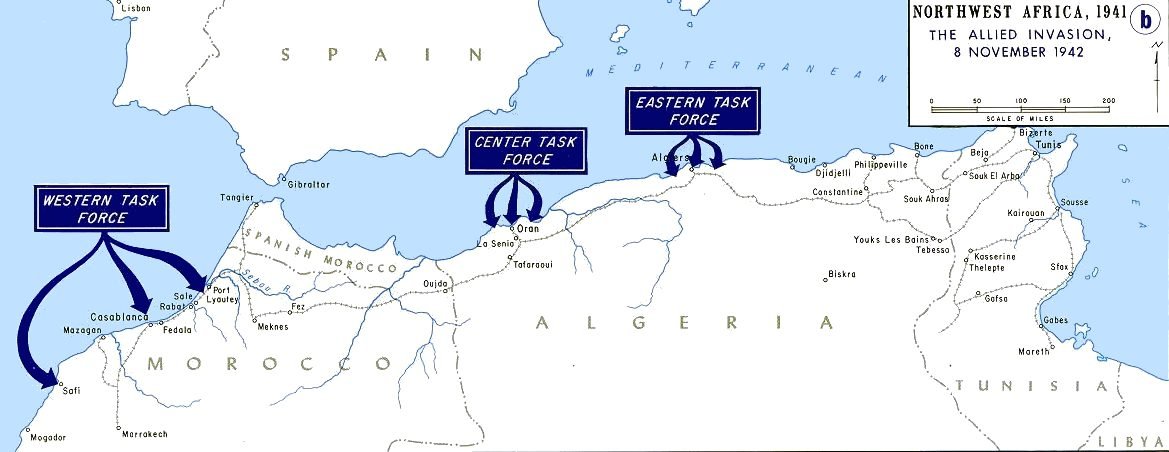
The second major event was during the Second World War when thousands of American soldiers landed in Morocco and established some military bases in Casablanca, Kenitra, and Tangier. This event is considered to be the most important historical link between Moroccans and English (Ennaji, 2005); it dates back to 1942 when the U.S.A has decided to conduct military landings on Morocco to prepare for a future attack on Southern Europe. These landings were a part of Operation Torch intended to put an end to the Nazis (militaryhistory.about.com). Accordingly, it has become familiar to hear English in the major 4 cities of Morocco as the American soldiers stayed there. There was a huge interaction between Moroccans and American soldiers to the extent that some Moroccans have managed to learn some English for communicative purposes. 3.
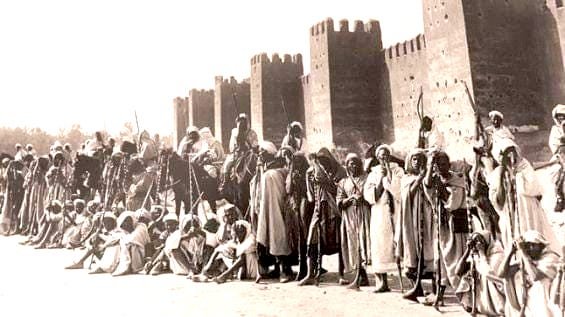
Morocco was officially occupied by France on March 30th, 1912, the day Morocco signed the Treaty of Fez that declared it as a French protectorate (Kelsey and Menzer, 2007). 3 Over 44 years, Morocco was under the control of France economically, military as well as culturally. The French occupation has, in a sense, enriched the Moroccan linguistic market by introducing the French language. French has enjoyed a privileged status over the other foreign languages and gained significant ground on the native languages spoken in Morocco. Hence, this era was marked by the spread of French at the expense of the other (local) languages. However, as far as English is concerned, the same era has known Morocco’s first major contact with English. Before, the presence of English in Morocco was limited to some diplomatic and economic relations with countries such as Britain and U.S.A. Apart from this, English has not had many native speakers or learners in Morocco.
2.1. TANGIER AS AN INTERNATIONAL ZONE: The first major historical stage where English was somehow spoken in Morocco is that during the international status of Tangier. Tangier was made an international zone by law in 1923; it was under the joint administration of France, Spain, and Great Britain. Thus, Tangier became a destination for many British and American diplomats, spies, writers, and businessmen. Consequently, English was the language of communication between the different nationalities settled in Tangier.
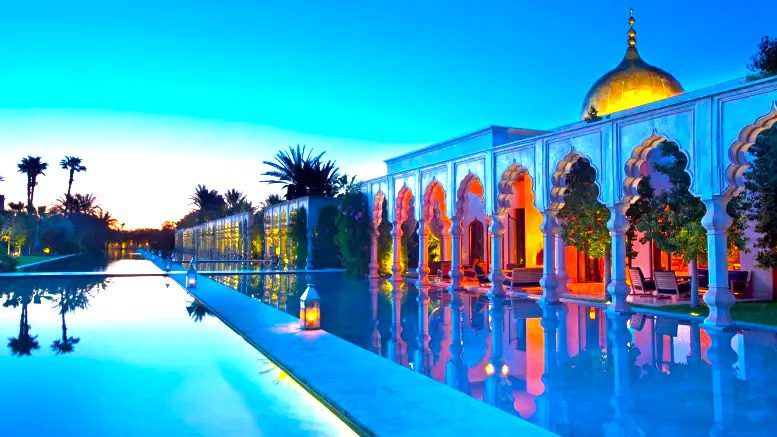
In 1912, Morocco was forced to become a French protectorate. Naturally, the Moroccans resented their loss of independence and the whole country was not subdued until 1934. However in 1942, during World War II the allies landed in Morocco and Roosevelt was sympathetic to the Moroccans. In 1944 a Manifesto of Independence was published and in 1947 the Sultan declared he was in favor of independence. In 1953 the French deposed the Sultan but he returned in 1956. Morocco became independent in 1956. Hassan II became King of Morocco in 1961 and he reigned until 1991. During the 1960s and 1970s Morocco suffered from political instability. A constitution was drawn up in 1962 followed by another in 1970. However, the king survived 2 coup attempts in 1971 and in 1972. Then in 1981, there were riots in Casablanca. In 1996 Morocco was given a new constitution and in 1999 Mohammed VI became king. Today Morocco is a fast-developing country. The main industries are tourism and textiles. In July 2011 voters in Morocco approved a new constitution for the country. Today the population of Morocco is 34 million.
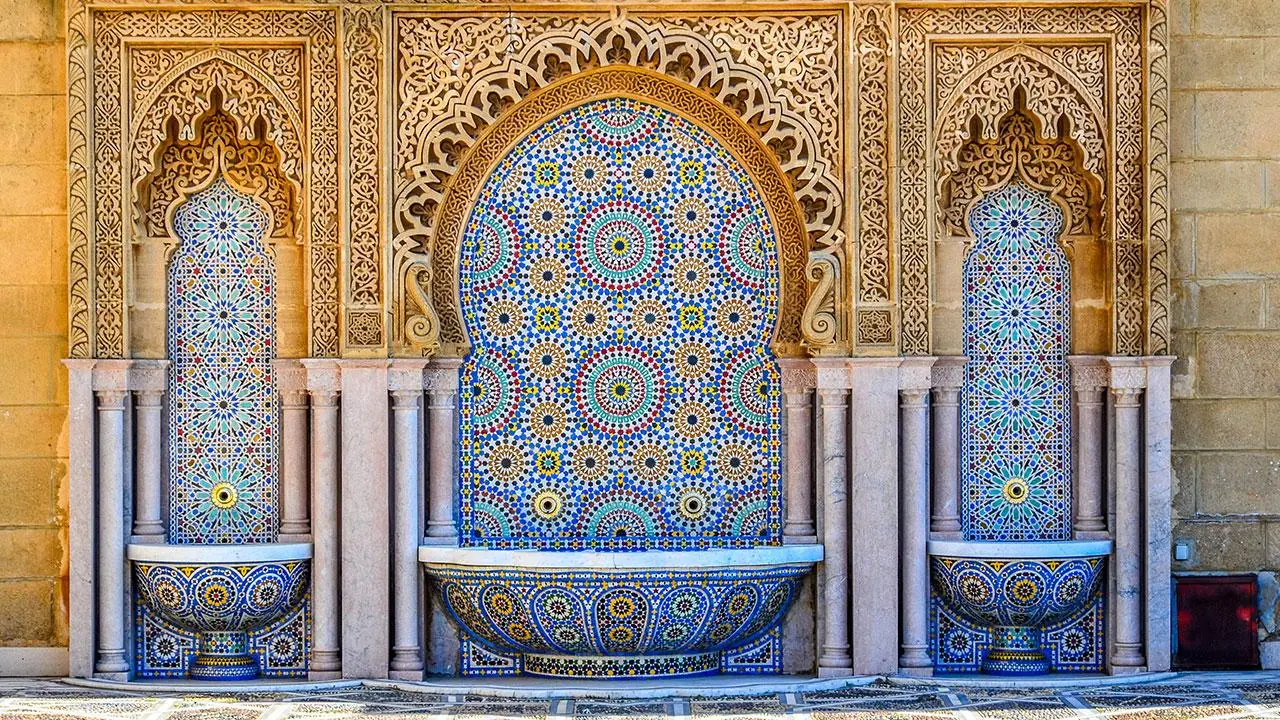
There is no blinking the fact that the English language constitutes an integral component of worldwide languages. Similarly, the Moroccan linguistic market is by no means immune to this ostensible linguistic, sociocultural, political, and pedagogical invasion. A number of studies have been devoted to study the spread of English in Morocco. Consequences and implications have been investigated (Ennaji, 1991, 2003, 2005; Sadiqi, 1991, 2003, among many others). Recent decades have witnessed substantial inquiries about the status of English in Morocco alongside people’s attitudes towards it (Errihani, 2008; El Kirat et al., 2010, and references cited therein). Interestingly in this regard, Hyde (1994: 295) maintains that ‘in Morocco, it has been felt to learn another ‘imposed’ language: English’. Succinctly stated, given to the remarkable widespread of English as an international language or, more precisely, as a lingua franca, Morocco, like many other countries, has, by force or choice, to accommodate this linguistic, socio-cultural and ideological movement. He along the same lines argues that: Language nowadays deals in an image, and can be marketed and sold like any other product or service: ‘speaking English is the key to employment, ‘speaking English joins you to the international community, ‘speaking English makes for modernity’, and so forth (1994: 296) 5 Evidently, globalization has boosted the need for English language proficiency amongst people, particularly those willing to excel in the field of IT (Information Technology) and business affairs. In other terms, with the advent of technology, it has become a prerequisite to master English so as to adapt to the high demands of contemporary life. This may be attributable to the present state of English; the language of paramount importance in several domains, namely politics, economy, media, and diplomatic affairs. In a similar vein, Sadiqi (1991: 106, quoted in Ennaji, 2005: 120) states that: Policymakers in Morocco have certainly realized that international communication between Morocco and the rest of the world could not be achieved by French alone; they know that English is the key to communication in a very tangible sense. Beyond a shadow of a doubt, Morocco has witnessed the rampant spread of foreign languages in the last few years; this was mainly due to historical incidents of subsequent eras of colonialism that resulted in the proliferation of languages, and the creation of a number of institutes. Therefore, to better fathom the rise of the English language in Morocco, it is admonished to localize the different cultural and language exchange institutes in addition to universities that were established in Morocco. Of these, one may particularly mention AlAkhawayn University in Fes, the first Anglophone College in Morocco that has all its modules and subject taught in English (Ennaji, 2005). Incontrovertibly, Morocco over the past has put the welcome mat out, displaying a great stance towards embracing non-native languages. Just a few years before the country declared independence in 1956, AMIDEAST — knew its inception in 1950 in Rabat. The latter still binds the two countries together, Morocco and America. Likewise, the staff of AMIDEAST moved to the vibrant city, Casablanca, to set up a new office to expand its 6 programs. During its foundation, AMIEDEAST focused on promoting studies of Moroccan and American students, as it offered real opportunities for local students, particularly those fascinated by the English language, and those who showed interest in the cultural Exchange programs by granting its applicants and students the Fulbright scholarship to the United States of America. Interestingly, a browse through the official website revealed –after tracking the foundation of AMIDEAST in most Arab countries, namely Tunisia, Egypt, Yemen, etc. — Morocco was roughly ranked amongst the oldest countries where AMIDEAST knew its installation. Furthermore, the English language in Morocco was exempted from any colonial connotations. Albeit discreet, its presence in the linguistic landscape is still dynamic. Thus, Moroccans, it appears, have a positive attitude towards the language (El Kirat et al. 2010) and it seems to be a serious rival of French in higher education (Ennaji, 1991: 21). Departments of English in morocco provide an interesting illustration of the fact that English has progressively started gaining ground and value. To date, there are approximately 16 departments of English. The language also seems to be used in a number of domains such as call centers, scientific writings along with a relatively scanty number of newspapers and magazines published in English. Unquestionably, English is taught in high schools, and there a number of famous English private centers, of which British and American centers are the only ones. All these, among other things, help contribute to the spread of English in Morocco (Ennaji, 2005). This being said, however, English is absent from television, American movies being dubbed in French (Ennaji, 2005). Nevertheless, one should not blind to the fact that English movies are introduced via satellite channels, namely MBC2, Panorama Action, to mention but a few. 7 4. CONCLUSION The locus of interest of this paper has been to present a historical overview of the spread of English in Morocco. It has been pointed out that English has been integrated into the Moroccan linguistic landscape. Being an international language as well as a language with no colonial connotations, English enjoys a prestigious status. This state of affairs is clearly motivated by its being a language taught in both high schools and universities as well as it is used in a number of formal and informal spheres.

Things to Know About Morocco : Things to Know About Morocco More and more people
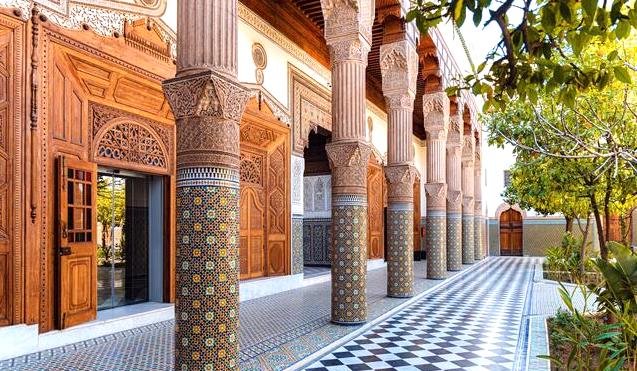
Best Places to visit in Marrakech About Marrakech’s History Marrakech is a city Located in the

The written history of Morocco began about 1,000 BC when a people called the Phoenicians
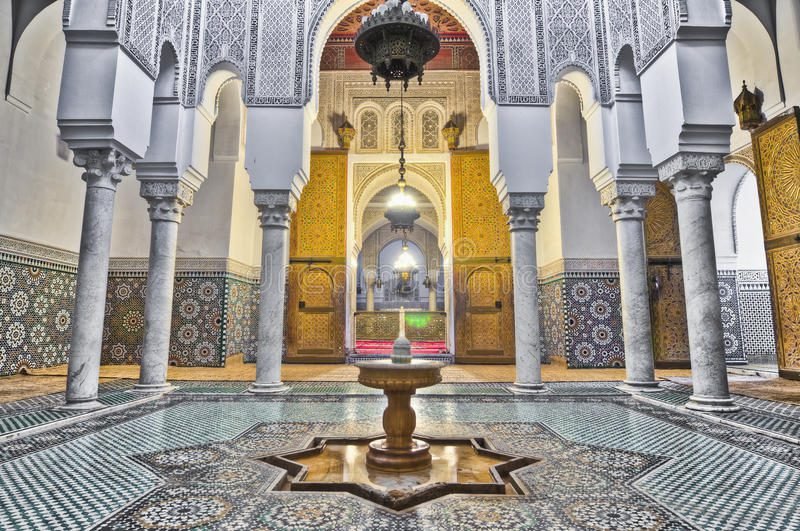
10 Top-Rated Attractions & Things to Do in Meknes 10 Top Attractions & Things to
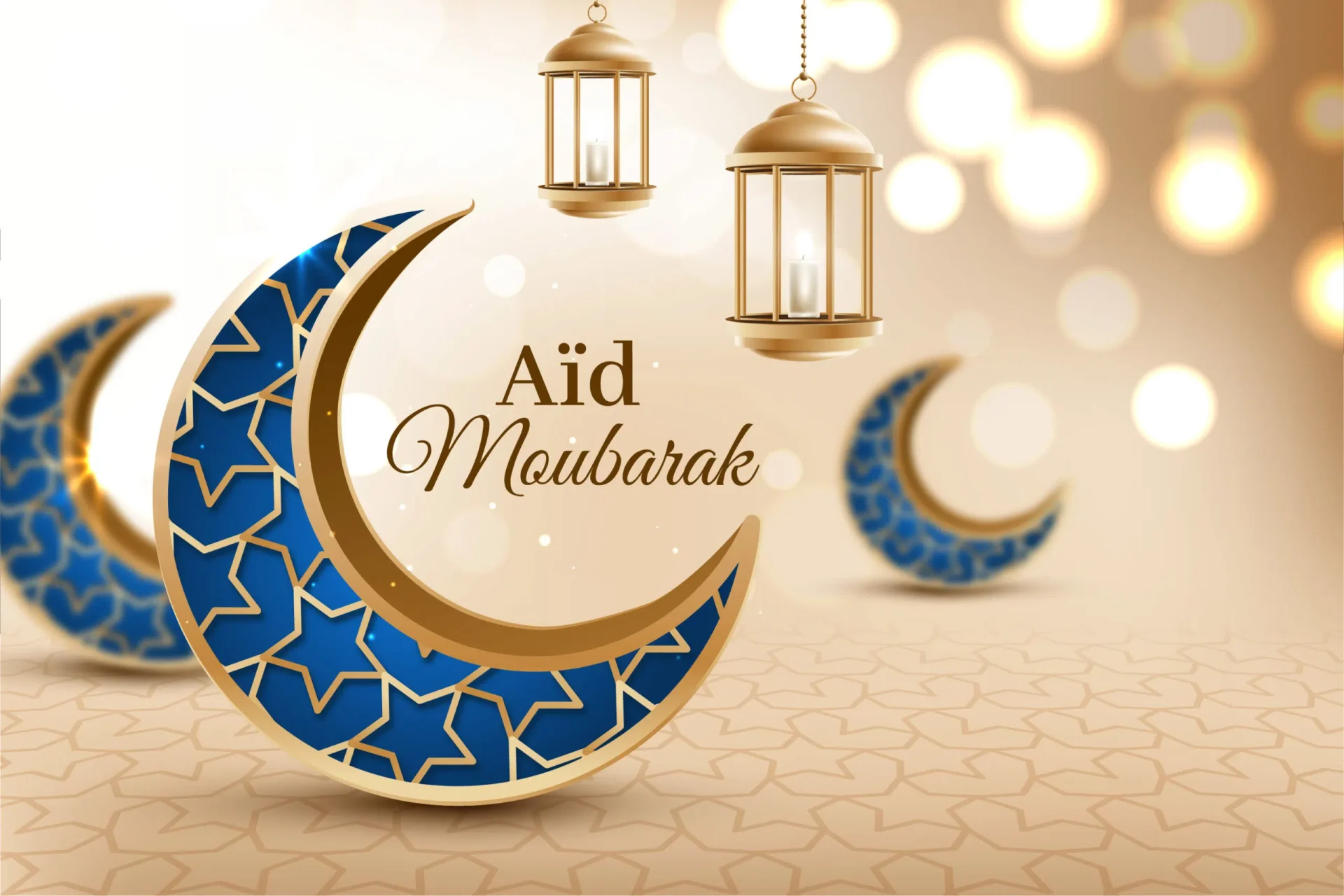
What festivals are celebrated in Morocco? Top 10 Annual Festivals and Events in Morocco Page
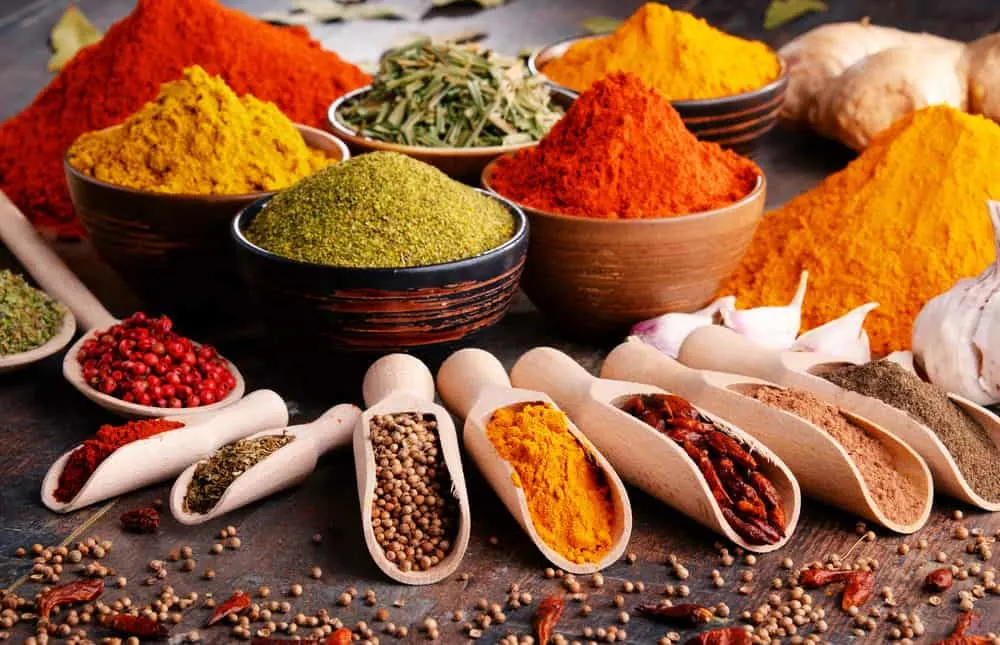
Moroccan Food Best dishes Not to miss in Morocco The best Moroccan food can be
